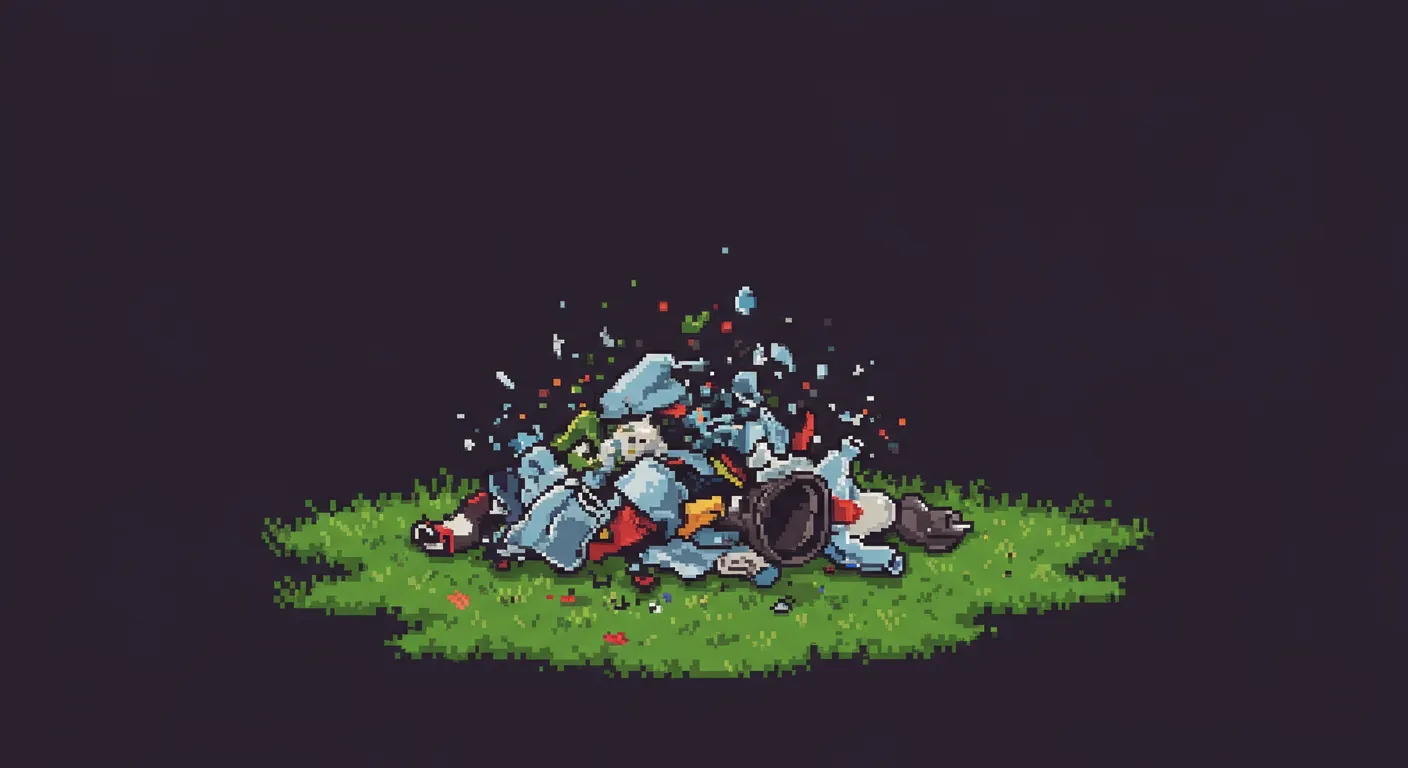In a breakthrough that could reshape our approach to plastic recycling, researchers have developed a potentially game-changing method to break down plastic using a simple catalyst and air. The technique offers a glimmer of hope in addressing the global plastic waste crisis, which has long seemed insurmountable.
The process specifically targets PET plastics, one of the most common types of plastic used in beverage bottles and packaging. Unlike traditional recycling methods that often downcycle plastics into lower-quality products, this new approach promises to convert plastic waste back into its original chemical building blocks. This could potentially create a more circular lifecycle for plastic materials.
Online commentators have greeted the research with cautious optimism, highlighting both its potential and the economic challenges that still need to be overcome. The method involves heating plastic to around 265°C with a catalyst, which can break down the material into reusable monomers within just four hours. This temperature is comparable to a standard kitchen oven, making the process seem surprisingly accessible.
However, the economic viability remains a critical question. As some online discussants noted, the current cost of virgin plastic production makes recycling economically challenging. Experts suggest that governmental intervention, such as taxes on plastic production or subsidies for recycling technologies, might be necessary to make such innovations truly competitive.
The broader implications extend beyond just recycling. With the United States identified as the world's leading per-capita plastic polluter, recycling only 5% of its plastic waste, innovative solutions like this could be crucial in addressing environmental sustainability. While not a complete solution, the research represents a significant step toward reimagining our relationship with plastic waste.


